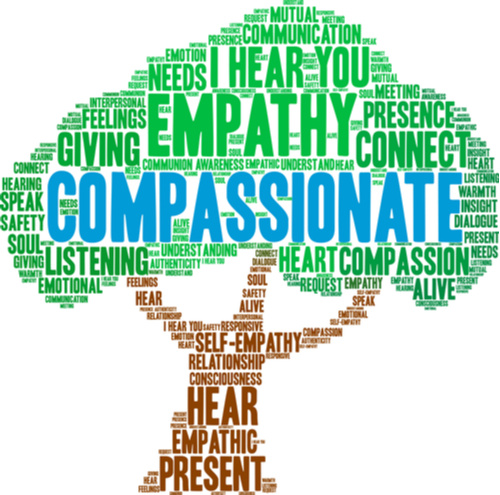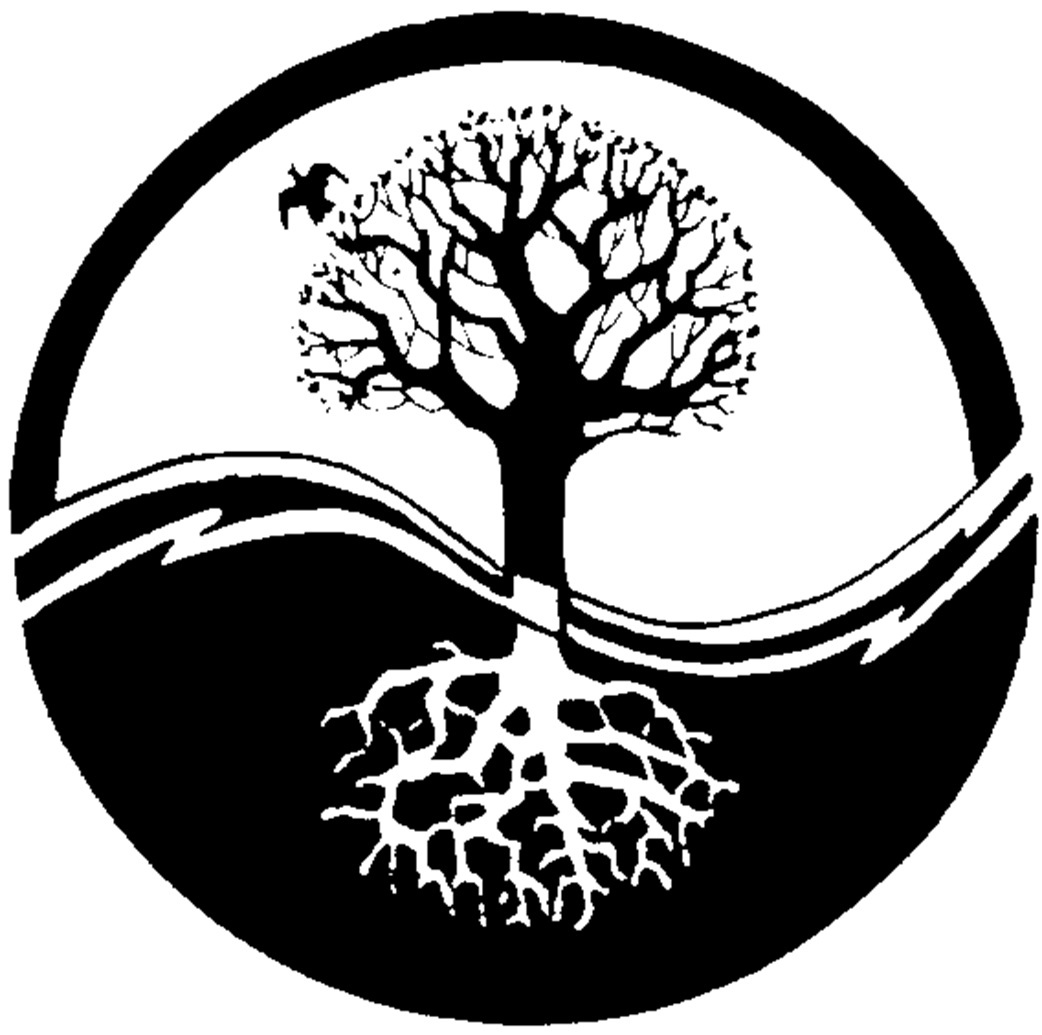Self-Awareness as a Social Justice Tool: Part 2

During this time when we are staying home more, one form of self-care that we could all use is to explore our unconscious beliefs and consider how they might influence us.

As we all struggle to find footing on this shifting ground, increasing our self-understanding would allow us to better choose our actions rather than simply acting impulsively. Most of us live such busy lives that taking the time for self-reflection seems little more than a vision, if we think of it at all. Yet, self-awareness is a skill that we can all develop; it takes no expensive equipment or specific location.
It can also improve the quality of our lives by improving the experience of being more present in the moment and living consistently with our values.
The pandemic has given most of us time, but how we use it is up to us. It’s tempting to get sucked into pleasant activities that serve no better purpose than to distract us from our worries. You know the kind: drinking, over-eating, endless TV or video games. Although these can be fun distractions, there are more meaningful ways to spend some of our time. Whether we find our values through religion, relationship, or personal introspection, we can improve our impact on the world by becoming more aware of the hidden influences on our behavior. Living consistently with our values, respecting others, acting with kindness, and taking steps toward positive change – inside ourselves, as well as the world we live in – are a few good examples. Being a force for good in the world and teaching our children these values are actions each of us can take.
Another example that illustrates the value of self-understanding, as well as the importance of teaching our children how to think clearly and act kindly, occurred recently during our local Black Lives Matter protests. Two young men, brothers 19 and 21, were called to attend the rally. They are biracial with a Filipino mother and a white father. The peaceful rally had been going on for about an hour when a white lady drove by staring at them and yelling obscenities. As she angrily drove past, a girl of about 8 years of age stuck her head out of the window and yelled “What’s wrong with you stupid people!” Both boys were struck by the anger and hatred in the young girl’s face. She is clearly being groomed by her angry mother to express similar vitriol, probably with more colorful language, as she gets older.
Regardless of our political beliefs, do we really want to teach our children to hate and disrespect others to such an extent that they yell rude comments at strangers from a passing car? I think not. Self-aware individuals think more carefully about their actions in the world and do not impulsively express a blatant disregard for the feelings and rights of others. The actions we commit in front of our children teach them more about our values than do our words. Becoming more aware of our deeper feelings helps us better regulate our behavior and teach our children the lessons we want them to learn to be happy and successful adults.
Social justice is not a station we arrive at, but rather a vision for a kind, safe, and just world for all of us. Despite the dark times and the swelling of powerful demands for change, we will not likely accomplish everything we envision. Yet, each of us has a role to play in making meaningful improvements that make a difference in people’s lives – as a parent, a friend, a leader, or simply as an individual who wishes the world had more kindness.
How do we proceed to understand ourselves better and to be a positive influence in the world? We can start by utilizing our quiet time to think or journal or talk with loved ones about the world we dreamed of when we were young and the type of person we envisioned we would become. Exploring these ideas reminds us of what we truly value. We can take steps to be considerate while engaging with those we are in quarantine with. The constraints of the situation are harder for some than for others. We need to consider that our views of the pandemic, COVID-19, stay-at-home orders, wearing masks, police brutality, or civil rights might be different than others, even those we are close to. Be compassionate and get engaged in the conversation despite the difficult dynamics. We do not all have to agree. Instead, we can focus on supporting and accepting others pain and opinions without taking them on as our own and while contributing to the process of change.
Although this sounds challenging, the steps are pretty easy. Listen to others without the need to argue, think about their comments with kindness, and consider our own values and how we want to be in the world. Then, and only then, should we act and always with the taste of future possibilities and our own vision of ourselves as who we dreamed we would become. Sometimes younger people see the world with a clarity that is lost over time. Connecting with the younger version of ourselves can help us reconnect with a simple transparency that enables us to more clearly see right from wrong. Listen, Think, and Act; these are 3 important keys to living our lives with intention. To be a force for positive change in the world requires that each of us act from the heart of our best self. Hope for social justice and a world in which we all feel safe depend on us doing so.

